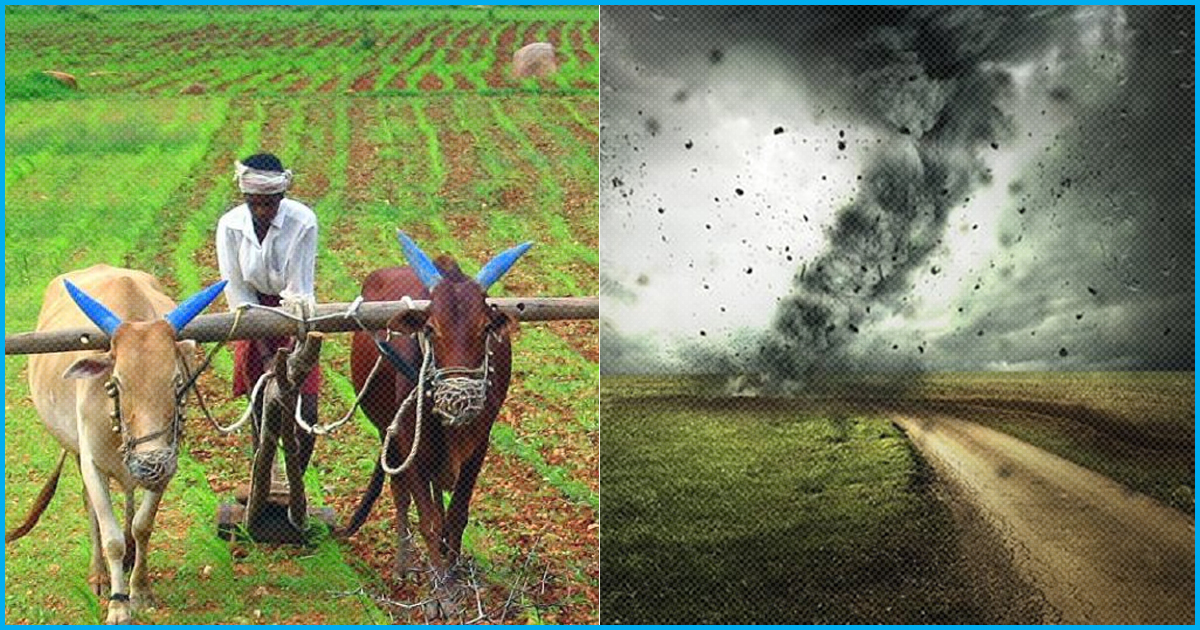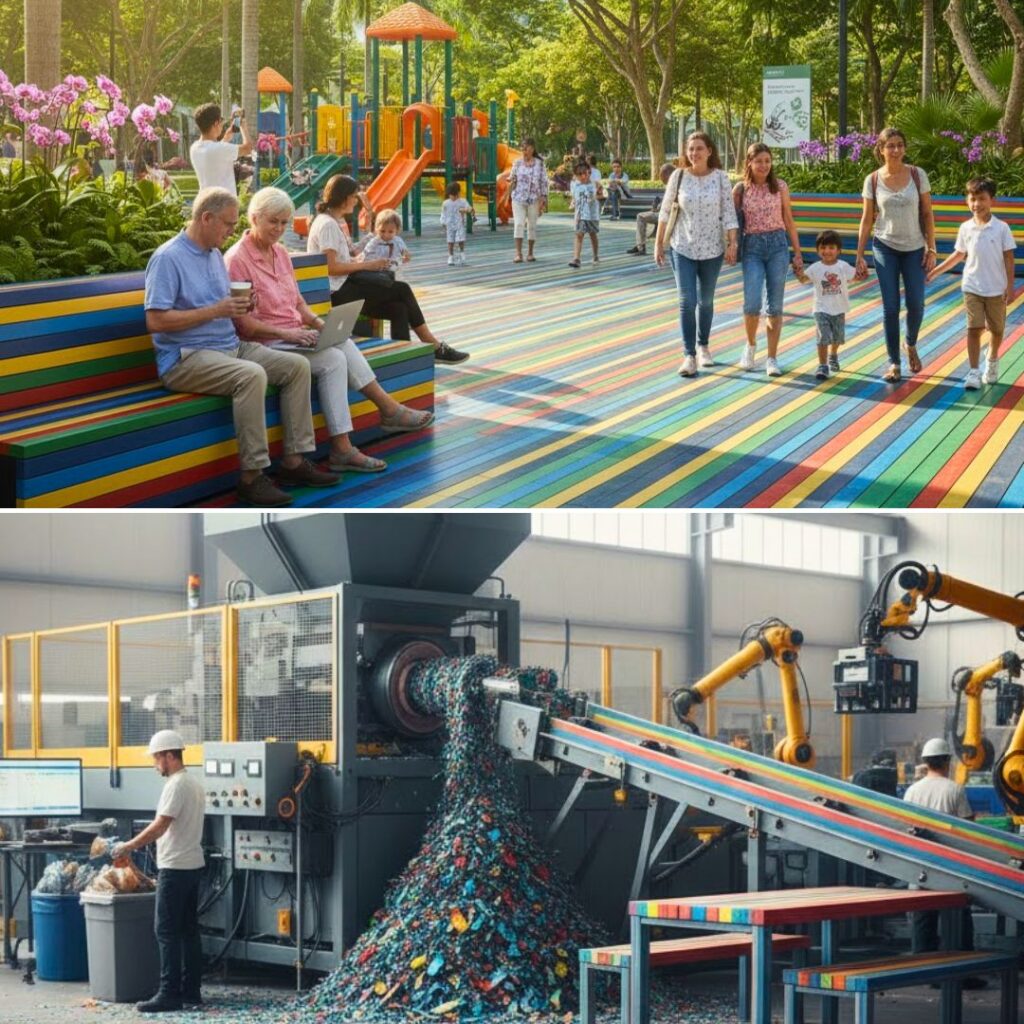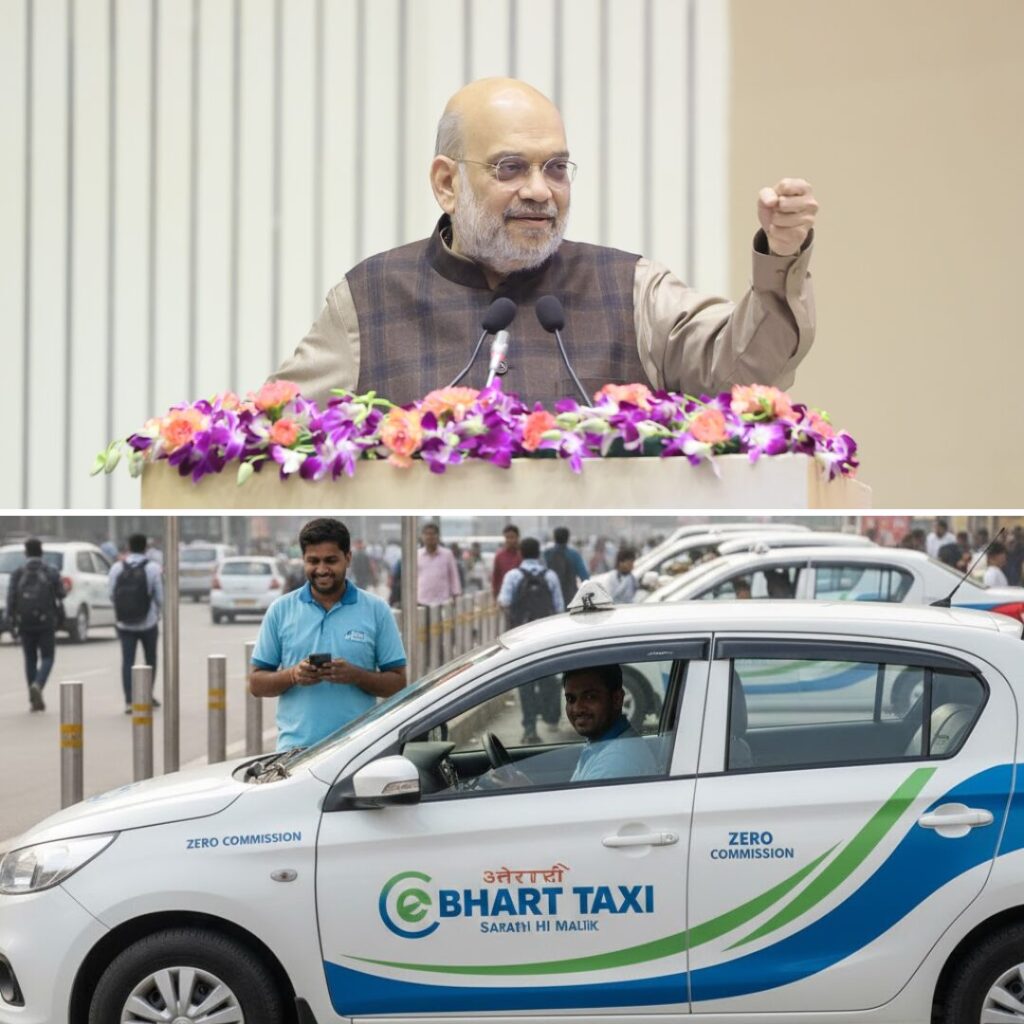Modern agriculture practices have become one of the perpetrators of climate change that we are facing today. According to the Synthesis Report of the UN ‘Millennium Ecosystem Assessment’ – “Agriculture is the largest threat to biodiversity”. Despite the fact that, agriculture is one of the predominant causes of global warming, its impact on the environment is often overlooked. According to World future council, agriculture is directly responsible for 14% of total greenhouse gas emissions. And the inappropriate farming practices including the increasing use of fertilizers, monoculture etc. have become one of the aggravating causes of climate change. Agriculture is predominant in India can be known from the very fact that 70% of rural India’s population is directly dependent on agriculture for their source of livelihood, thereby, making climate-change more prone to agricultural practices.
How Agriculture Affects Climate Change
According to Dr Ratan Lal, Professor of Soil Science at Ohio State University “over the last 150 years, 476 billions of tons of carbon have been emitted from farmland soils due to inappropriate farming and grazing practices, compared with only 270 Gigatonne emitted from burning fossil fuels”. According to the International Panel on Climate Change (IPCC, 2013) agriculture, forestry and the change of land-use, account for as much as 25% of human-induced Green House Gases emissions and agriculture is one of the main sources of emitted methane and nitrous oxide, two powerful greenhouse gases. To increase yield and to meet up with the demands of the growing population, we have adopted the farming practices which have a severe impact on the environment causing exploitation of natural resources.
Some of the prevalent causes which contribute to climate change are as follows:
Excessive Use Of Fertilisers – The shift of modern agriculture from organic-based farming to fertilizers based farming to increase the crops yields especially after the green revolution has severely damaged the natural resources including soil and water. The persistent use of fertilizers causes leaching i.e., loss of water-soluble nutrients like nitrogen and phosphorous from the soil. Leaching also affects the health of sub-soil layer and pollutes the ground-water. Fertilizers also pose risk to the lives of microorganism present in the soil that fixes the balance of nitrogen in the soil and causes loss of soil organic matter. Therefore, excessive use of fertilizers severely damages the health of the soil causing loss of nutrients and degradation in the groundwater.
Intense Farming – To meet with the demands of the growing population, intensification of agriculture has started which aims to mechanise the agriculture and maximize the yields through reckless use of chemical fertilizers. Though up to some extent it has increased the food availability but has adversely affected the ecology. Intensification has become the biggest threat to global ecology and is responsible for 80% of deforestation causing loss of natural habitat. According to Lifegate, Agricultural industries and intensive farming are responsible for about one-quarter of CO2 emissions in Europe. Intensification of agriculture has led to increase in reactive nitrogen over-supply, greenhouse gases emissions especially CO2. Intensive farming depletes the soil quality, increases the vulnerability for flooding and kills beneficial insects.
One form of intensive farming includes industrialization of agriculture which heavily relies on machines and technology. It is a form of modern farming that refers to industrialized production of crops. Industrial agriculture heavily relies on chemical fertilizers, a huge amount of water, energy and other natural resources. It is also criticized for exploiting the animals.
Monoculture – Introduced in India after the green revolution, monoculture refers to growing only one kind of crop in a particular field. Due to the cultivation of one crop for a long period of time, the value of soil depletes and the nutrients in the soils are lost. To compensate that, high amount of fertilizers are used. Monoculture also increases the susceptibility of crops towards pests and to tackle this, fertilizers in large amount are used indiscriminately making soil infertile and ultimately polluting the environment.
Improper Land Use – The global land area is 13.2 billion hectares, of this, 12% (1.6 billion ha) is currently in use for cultivation of agricultural crops. The world’s cultivated area has grown by 12% over the past 50 years. Therefore, improper use of land has caused substantial damage to the ecology. Intensive farming, industrialization of agriculture, inappropriate farming practices like monoculture and incessant use of fertilizers make land infertile and causes soil depletion.
Farming Practices Which Can Curb Climate Change
According to a paper published by Rodale Institute in 2014(an Institution in USA which promotes organic farming approach), data shows that through farming system and pasture trials we can sequester more than 100% of current annual CO2 emissions by simply switching to organic and sustainable management practices, which they refer as “Regenerative Organic Agriculture” The paper outlines that how sustainable farming practices can sequester atmospheric carbon which would reduce the greenhouse gas concentration and slow down the climate change.
Soil Carbon Sequestration – Carbon sequestering refers to a process where carbon is removed from the atmosphere and is stored in a reservoir or sink (carbon sink). Carbon sequestration is done both naturally and artificially. When carbon is stored in the soil, it is known as soil carbon sequestration. This way of storing carbon in the soil improves soil quality, reduces soil erosion and increases water conservation. The amount of carbon that can be stored by soil is predominantly determined by the agriculture practices. Through practices like cover cropping and crop rotation, carbon can be stored in the soil. Cover cropping refers to cropping plants primarily to deal with soil erosion, improving soil health, increasing soil fertility and for enhancing water availability whereas Crop Rotation refers to planting different crops in the same area of land over several years, due to the diversity of crops the level of soil organic matter increases.
Organic Farming – The fertiliser free agriculture not only produces safe food but also increases the content of nutrients in the soil. As discussed above, the reckless use of fertilizers decreases the content of nutrients in the soil, decreases its fertility. Whereas organic farming replenishes the soil nutrients including nitrogen and improves the health of the soil.
Polyculture – Polyculture refers to growing more than one type of crops together. The practice of polyculture is beneficial for both soil as well for the environment. One of the biggest advantages of polyculture is increasing the susceptibility of crops towards diseases and it reduces the pests and weeds because of which less amount of fertilizers are required as compared to monoculture which together increases nutritive content of the soil and increases the level of nitrogen in the soil and improves the overall health of the soil. A study conducted in China has shown that planting several varieties of rice in the same field increased yields by 89%, largely because of a dramatic (94%) decrease in the incidence of disease, which made fungicides redundant. Polyculture also helps in a more efficient irrigation system with optimal utilization of water.
Agroforestry – As the name suggests agroforestry includes a mixture of agriculture and forest. It refers to act of growing shrubs or trees around or among crops. One of the unconventional practices, agroforestry provides diverse habitat which helps in reducing soil depletion and increasing soil covers. Soil covers which are a crucial factor in decreasing soil erosion refer to vegetation including crops, and crop residues on the surface of the soil. As trees are known for their high capability to store carbon for a long time and are best carbon sequester, Agroforestry is believed to have a higher potential to sequester carbon as compared to the conventional methods of farming.
Permaculture – The word Permaculture refers to ‘Permanent agriculture’ and is based on twelve principles which promote sustainable agriculture making a balance between ecology and agriculture. Permaculture includes ecological principles and seeks to harmonize between nature and human needs. All of the practices that are discussed above are part of Permaculture.
How agriculture has become the victim of climate change is a well-known fact but agriculture is one of the predominant causes of climate change still remains a lesser known fact. Agriculture and environment must not be seen in isolation and a holistic approach is the need of an hour to cope up with climate change. Policies which deal with climate change and agriculture together needs to be incorporated, both at the national and global level with an endeavour to bring changes at the micro level with state’s support and macro level by awaring people. Therefore, the world must strive towards regenerative agriculture practices which help in increasing soil fertility, agricultural yield and maintaining ecological balance.
Also Read: Are We Eating Poison Today? A Look At The Incessant Use Of Pesticides In Our Food












